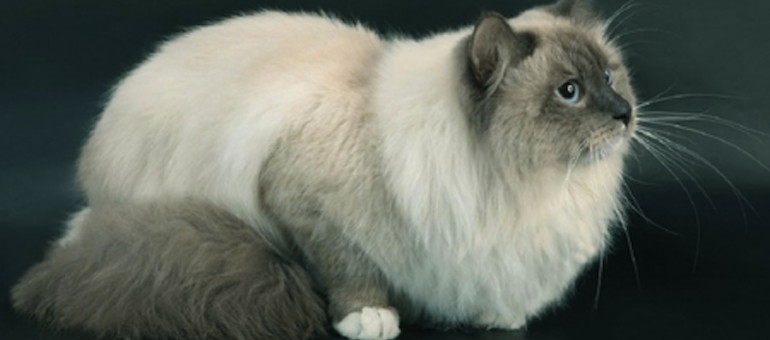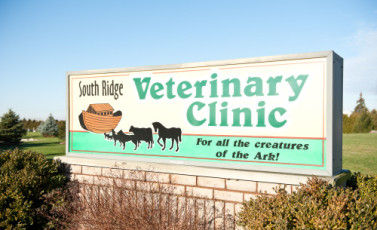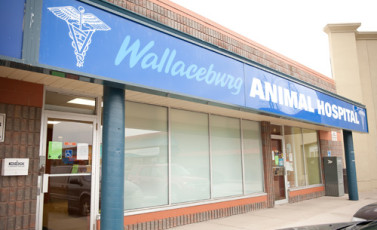Perils of Feline Obesity

Although a spoonful of treats seems harmless enough, many well-meaning owners don’t realize is that those loving spoonfuls can lead to obesity and preventable disease in our feline friends. Cats possess a unique metabolism and require a diet that meets their special needs. The amount and quality of food we give our cats can improve their quality of life and improve the odds that they will live longer disease-free lives.
Obesity is a primary risk factor for feline diabetes.
If your cat is obese, chances are it will become diabetic. Common signs of diabetes include: increased appetite, increased drinking, increased urination, and rapid weight loss. As in humans, feline diabetes can require ongoing treatment with insulin and monitoring of blood glucose levels. Although cats can live with diabetes, the treatment and vet bills associated with the disease can be daunting to owners. Taking measures now to maintain your cat’s healthy weight can eliminate a future diagnosis of diabetes.
Obese cats face additional risks.
Excess pounds strain the cardiovascular and skeletal systems. As with people, excess weight requires the heart to work harder to circulate blood. Cardiovascular health is essential for providing oxygen and nutrients to all organs and eliminating waste and carbon dioxide. In addition to the cardiovascular risks, carrying excess pounds can damage your cat’s joints and tendons and lead to arthritis, also known as degenerative joint disease (DJD). Maintaining a healthy weight can protect heart health as well as the agility and grace cats naturally possess.
Is your feline friend overweight?
If you suspect that he or she is carrying extra pounds, make an appointment to discuss your cat’s health with your vet. He or she can set up a diet plan that will help your cat reach a healthy goal weight. Don’t go it alone when it comes to feline weight loss. Communication between veterinarian and owner about proper diet can prevent a dangerous side effect of rapid weight loss known as hepatic lipidosis, or fatty liver disease. This condition can occur when a cat’s fat stores bombard the liver and consequently cause the organ to fail. With your vet’s guidance, your cat can lose weight gradually and safely.
Maintaining a healthy weight through proper diet is an integral part of caring for feline companions. Show them love with a balanced diet, fresh water, play, physical contact, and regular veterinary care. Don’t let your beloved pet become a Fat Cat joke: obesity is very serious and could affect the length and quality of your pet’s life.



